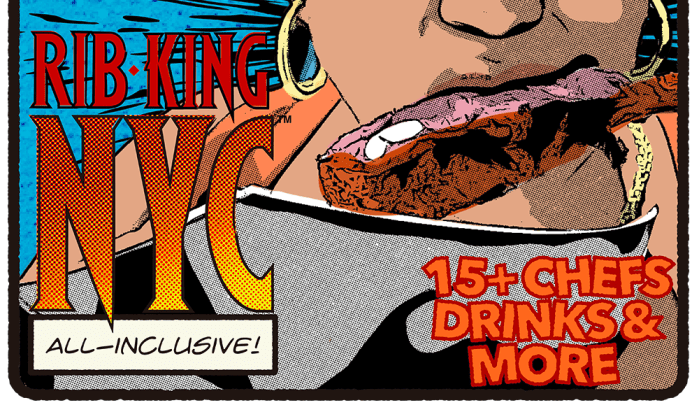Using your body’s weight-to-height ratio — known as its Body Mass Index (BMI) — is controversial, but it sounds a whole lot more rational when compared to another bizarre weight goal making the rounds on social media: the Cinderella diet.
According to Revelist, a new trend known as The Cinderella Diet (sometimes called the Cinderella weight challenge) is expanding from Japan to the United States. The Cinderella Diet is basically what it sounds like: Dieting to achieve the same proportions as the fictional Disney character. To find that “magical” weight, you have to measure your height in meters, square it, then multiply by 18. This will spit out your “ideal” weight in kilograms, so you would need to multiply this number by 2.2 to get the figure in pounds.
For example: A 5’4” woman would have to diet down to 108 pounds in order to achieve her Cinderella weight.
Wait, is the Cinderella diet safe?
Talk about unattainable body ideals — potentially dangerous ones at that.
Of course people come in all natural shapes and sizes, but a 5’4” woman at 108 pounds would have a BMI of 18, which teeters between normal and underweight. Both experts and people on social media agree that it’s absurd to encourage a diet plan that’s just a smidge above eating disorder levels.
It’s bad because the weight that is the “Cinderella weight” is WAYYY lower than what is considered healthy for a normal human being. If this becomes a societal expectation of beauty, girls could be getting sick or dying because of it.
— #I never sleep (@2xinternet) February 22, 2018
Just did the math of what this riduclous #CinderellaDiet thinks my weight should be…HA!
That’s cute Disney, I would whittle to nothing at 104 lbs! ????
— Dusty Binkerd (@dustinbink) February 27, 2018
“It perpetuates a concept that skinny is better,” Gina Keatley, a New York-based Certified Dietitian Nutritionist, told Cosmopolitan.
“This is not a diet but an unrealistic goal for body size/weight that can damage your health,” she added. “Being underweight, is just as bad as being overweight.”
Osteoporosis, impaired immune system function, malnutrition and vitamin deficiencies are just a few of the health problems that can result from being underweight for an extended period of time. Being underweight can also affect fertility and cause amenorrhea, a condition that causes a woman’s period to stop.
Forget the Cinderella diet, try something moderate
Let’s hope this is a trend that’s only on social media. Better yet: Let’s start a different type of Disney princess diet — The Belle Diet.
In Beauty and the Beast, the gang prepares a large feast for Belle, all while singing “Be Our Guest.” It’s up for debate how much Belle actually ate at that feast, but it seems like she tried a little of many different foods.
That should be what a real “diet” is all about: No real limitations to what you can and can’t eat — just everything in moderation. And no dieting down to match the waist of a drawn cartoon character.

























